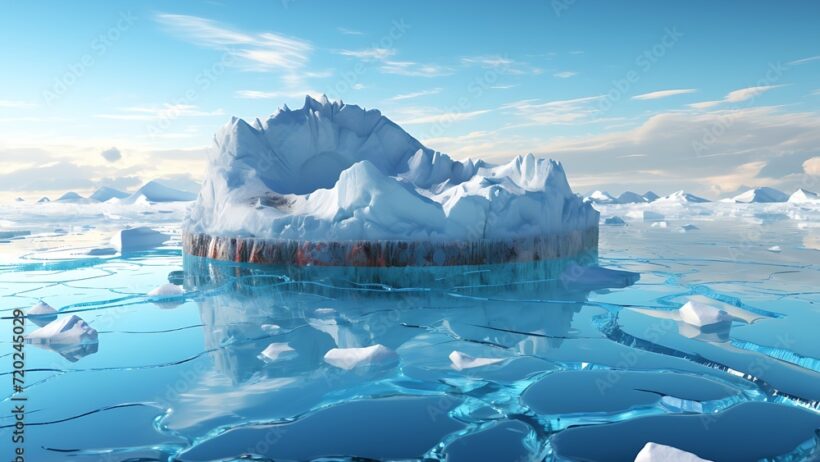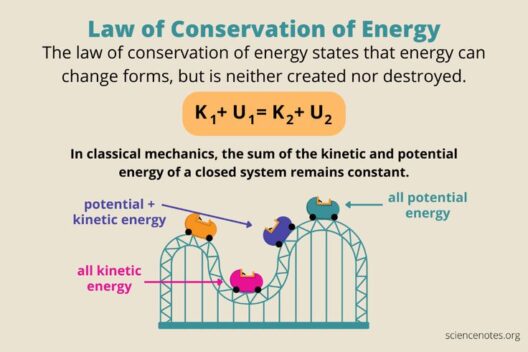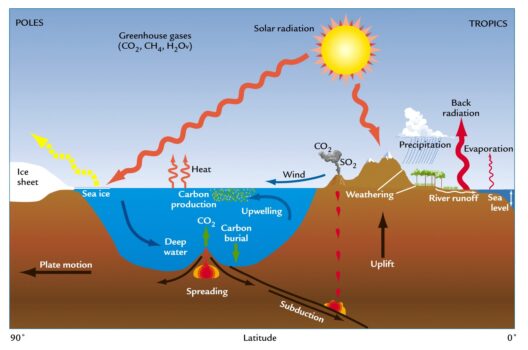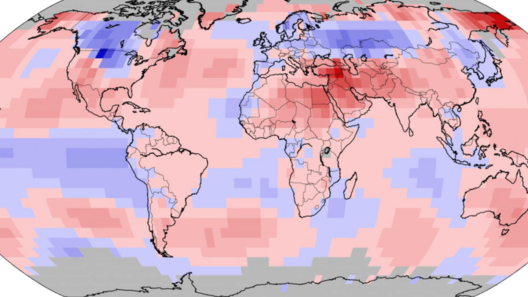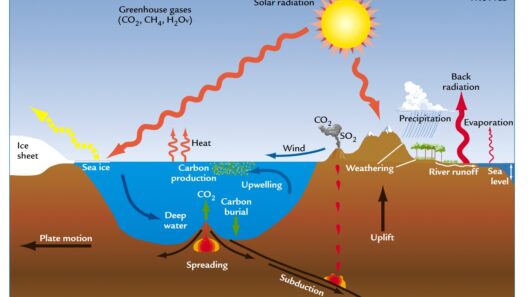Coral reefs, often dubbed the “rainforests of the sea,” are among the most biodiverse ecosystems on the planet. They teem with life, hosting approximately 25% of all marine species despite covering only 0.1% of the ocean’s surface. This astonishing biodiversity not only captivates scientists and tourists alike but also plays a critical role in human livelihoods, coastal protection, and climate regulation. However, the escalating menace of global warming poses an unprecedented threat to these vibrant underwater landscapes. Understanding the intricate relationship between climate change and coral ecosystems reveals a catastrophic trajectory that demands urgent attention.
At the heart of the coral catastrophe lies ocean warming, a direct consequence of climate change. As global temperatures rise due to increased greenhouse gas emissions, oceans absorb about 30% of this excess heat. The consequential rise in sea temperatures, particularly during summer months, has dire implications for corals. Most coral species thrive in a narrow temperature range. When temperatures exceed this threshold, corals undergo a stressful process known as bleaching. This phenomenon occurs when symbiotic algae, which provide corals with essential nutrients and their vibrant colors, are expelled from the coral’s tissues. Without these algae, corals lose their color and their primary source of sustenance, leading to widespread mortality if the stress persists.
Coral bleaching is not merely a visual transformation; it signifies a severe breakdown of the coral’s symbiotic relationships, irrevocably disrupting the marine ecosystem. The loss of corals translates into diminished habitats for fish and other marine life, leading to an ecological domino effect that can devastate entire communities. Fisheries, many of which depend on healthy coral reefs, suffer as fish populations decline, eliciting economic hardship for those reliant on these resources for their livelihoods.
Besides warming waters, ocean acidification exacerbates the plight of corals. As atmospheric carbon dioxide levels rise, a significant portion of this gas dissolves into the oceans, forming carbonic acid and lowering the pH of seawater. This increased acidity hampers the ability of corals to calcify, the process through which they build their calcium carbonate structures. A decline in calcification affects not only individual corals but also the structural integrity of entire reef systems, making them more susceptible to damage from storms and erosion.
Furthermore, the implications of global warming extend beyond temperature and acidity. Changing ocean circulation patterns and altered weather systems affect nutrient flow and sedimentation rates, further stressing coral ecosystems. Increased rainfall, driven by climate change, can lead to an influx of freshwater and pollutants into coastal waters, promoting harmful algal blooms that suffocate coral reefs. This unprecedented multifaceted assault on corals necessitates a holistic understanding of the varying ways climate change impacts these ecosystems.
The implications on human communities are stark. Coral reefs provide essential services: they protect coastlines from erosion, support fisheries, and drive tourism. The degradation of coral ecosystems jeopardizes these benefits, with far-reaching repercussions. Coastal communities increasingly face the compounded effects of erosion, loss of biodiversity, and diminished fish stocks. The tourism sector, reliant on vibrant reefs and the diverse marine life they support, could experience significant downturns, resulting in economic instability.
Amidst this grim picture, it is imperative to recognize that not all is lost. There is an urgent need for action, and a multi-pronged approach can catalyze change. Addressing global warming at its roots requires reducing carbon emissions through sustainable practices and transitioning to renewable energy sources. It is a collective responsibility, necessitating collaboration between governments, industries, and individuals alike. Efforts such as marine protected areas can bolster resilience in coral reefs by limiting human impact and allowing ecosystems to recover.
Additionally, innovative research and interventions show promise in enhancing coral resilience. Scientists are exploring assisted evolution techniques to breed more heat-tolerant coral species. Early trials demonstrate success in creating corals that can withstand higher temperatures and, potentially, whether they adapt can be crucial for the survival of reef ecosystems in the face of climate change.
An engaging and informative narrative about coral reefs can also stimulate public interest and awareness. By showcasing the intrinsic beauty and value of coral ecosystems, the urgency to protect them becomes more palpable. Educational campaigns coupled with community engagement can foster a culture of stewardship towards these vital ecosystems. When the general public is informed about the interconnections between coral reef health and global warming, the resulting advocacy can become a formidable force for change.
The catastrophic impact of global warming on coral reefs serves as a stark reminder of the fragility of our planet’s biodiversity. It reveals the urgency of addressing environmental issues head-on. By understanding the threats posed by climate change, we can shift our perspective and realize the importance of protecting these underwater treasures. The fate of coral reefs is intricately linked with the health of our oceans and, ultimately, our planet. As stewards of the Earth, the responsibility to safeguard this rich biodiversity lies with us. It is time to act, to innovate, and to ensure that future generations can experience the wonder of coral reefs, not as ghosts of a past era but as thriving, vibrant ecosystems.



